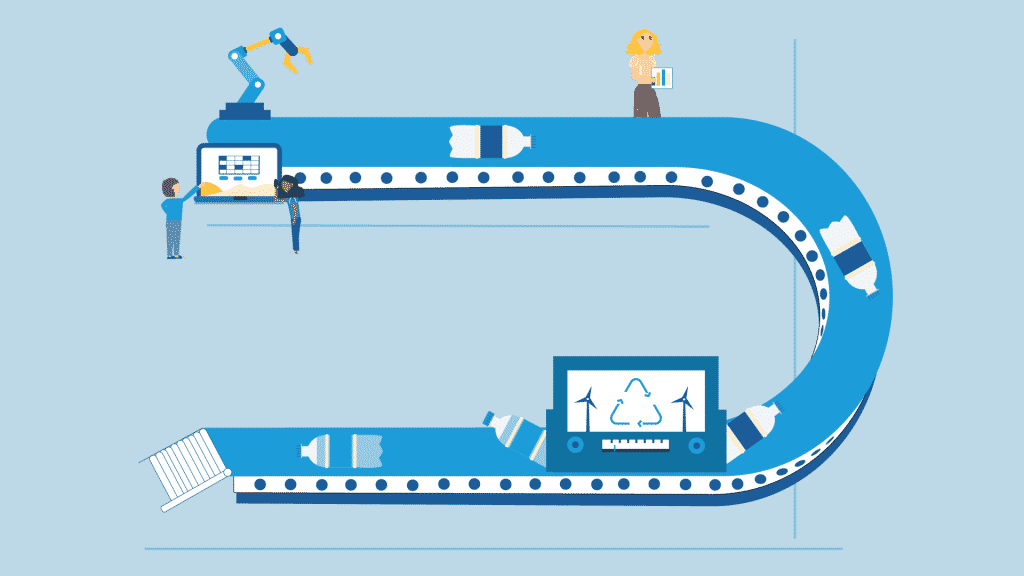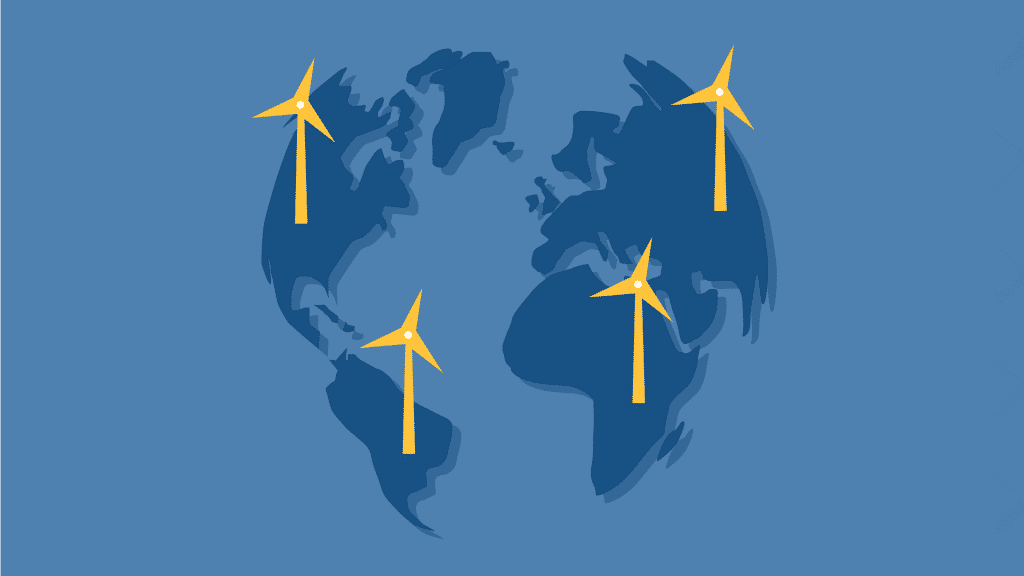Share Post:

Over the past 50 years, the role and importance of plastics in our economy has consistently grown. In the EU, the potential for recycling plastic waste remains largely unexploited. Reuse and recycling of end-of-use plastics remains very low, particularly in comparison with other materials such as paper, glass or metals.
Demand for recycled plastics today accounts for only 6% of plastics demand in Europe. It was estimated that plastics production and the incineration of plastic waste give rise globally to approximately 400 million tonnes of CO2 a year. In the EU, 150.000 to 500.000 tones of plastic waste enter the oceans every year. In total, it is estimated that between 75.000 and 300.000 tonnes of microplastics are released into the environment each year in the EU.
Do you want to join the discussion?
Click the button below and share your thoughts by joining the platform!
Europe in general and Southeast European countries in specific could pursue the following strategies within the new Green Agenda:
- Plastics and products containing plastics are designed to allow for greater durability, reuse and high-quality recycling;
- Changes in production and design enable higher plastics recycling rates for all key applications;
- Enhancing plastics recycling capacity;
- The plastics value chains should become an ever-integrated to help find wider and higher value applications for their output;
- Increasing demand for recycled and innovative plastics;
- Enhance the production of innovative materials for plastic production;
- Bigger export of sorting and recycling equipment and technologies, where Europe is leader.
Political agenda and legal framework
Challenge | Solutions | Actors | Implementation |
· Fragmentation of central administration/bureaucracy systems that in turn prevent fulfilling the recyclability targets | ·Centralisation of different systems and subsystems in terms of recycling targets | · National governments · Independent (regulatory) agencies | · Implementation of trans-sectoral working group for plastic recycling targets |
· Gap between theory (legislature) and practice (reality on the ground) | · Designing national plan for sustainable plastics (both in terms of production and recycling) | · National governments · Independent (regulatory) agencies ·Municipalities · Private and public companies · Civil society | · Implementation of National plan for sustainable plastics (both in terms of its production and recycling) |
· Lack of knowledge on sustainable plastics solutions and paradigms | · Educational platform for plastics that would include stakeholders in broader sense
| · National governments · Independent (regulatory) agencies ·Municipalities · Private and public companies · Civil society · Academia · Think tanks | · Establishment of regional or transnational educational platform on the sustainable and circular solutions in the field of plastics |
Technology and market
Challenge | Solutions | Actors | Implementation |
· ”Moral dilemma” related to the use of sustainable (bio-based) plastics | · Raising awareness campaign for customers and consumers in SEE that bio-based plastics is appropriate and best solution | · Civil society · Private and public companies · Media outlets · Think tanks | · Transnational or regional campaign regarding the sustainable plastics and its advantages |
· Companies in SEE afraid of being trend-setters and are waiting for big companies | · Tax and other financial incentives via innovative national funding programmes | · National governments · Municipalities · Relevant ministries · EU | · Designing and implementation of national sustainable and circular programmes that systematically finances regional companies to position themselves on the market with alternatives |
· Different phases of implementation of national strategies in terms of plastics production and recycling | · Designing regional plan for production and recycling of plastics | · National governments · Relevant ministries · Municipalities · EU · Private and public companies · Civil society
| · Transnational and regional working groups that would revisit the existing phases in each country and prepare a regional plan for production and recycling of plastics |
Stay Connected
More Updates

Waste Management
Within the EU environmental acquis, waste-management is one of the most demanding sectors in terms of the resources – both human and financial – needed for the adaptation of the relevant EU legislation and implementation of this new circular agenda.

Energy
The energy sector in Southeast Europe faces a unique dual transition, a challenge without any precedent in the field of energy: transition from a centralised state-controlled system to open and competitive markets, and transition towards decarbonisation.


